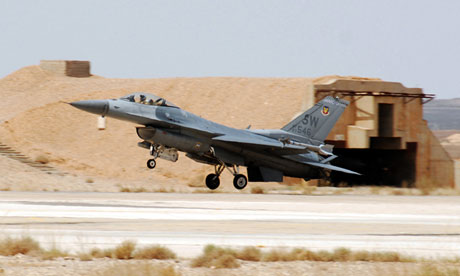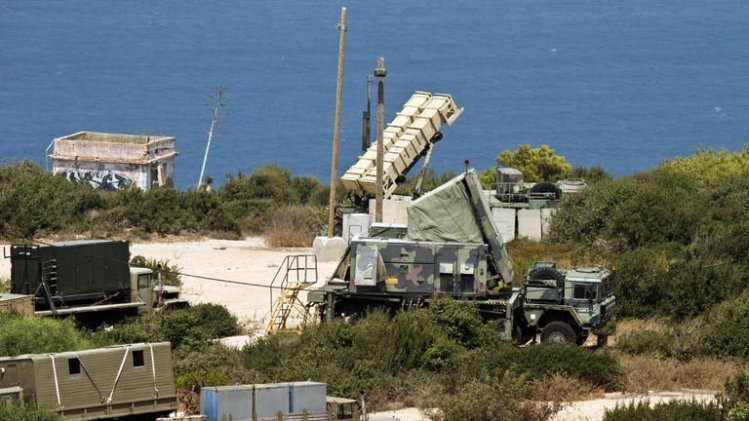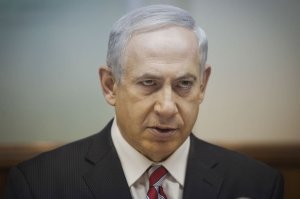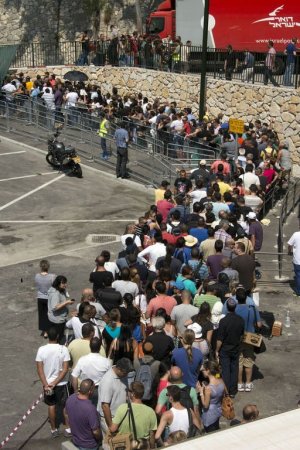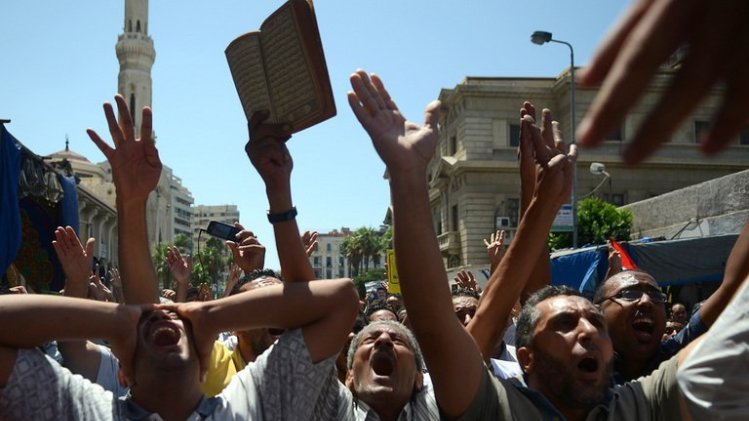
Today the Post published several stories and statistics based on the U.S. intelligence agencies' 2013 Congressional Budget Justification, a classified document that breaks down how much money goes to which agency and, to a certain extent, what those agencies do with the funds. The newspaper reported Snowden was the source of the document. Prior to the leak, only the total budget was public knowledge.
Though the newspaper published graphs and pie charts tracking the spending of each of the intelligence community's 16 agencies, it said withheld "some information after consultation with U.S. officials who expressed concerns about the risk to intelligence sources and methods."
READ: U.S. Spy Network's Successes, Failures and Objectives Detailed in 'Black Budget' Summary (WaPo)
According to the Post, the budget document reveals that the CIA receives the most funding of any intelligence agency with a proposed $14.7 billion for 2013 -- $11.5 billion on data collection expenses, $1.8 billion on management, facilities and support, $1.1 billion on data analysis and $387.3 million on data processing and exploitation.
Next up is the National Security Agency, for whom Snowden worked as a contractor, which spends almost as much on management, facilities and support -- $5.2 billion -- as it does on collecting, processing and analyzing data -- $5.6 billion.
Together the documents reportedly reveal NSA and CIA have launched aggressive "offensive cyber operations" to steal information from foreign computer networks or disrupt enemy systems.
Read More Here
*******************************************************
U.S. Intelligence Spending Now Higher Than During the Cold War
| Thu Aug. 29, 2013 11:07 AM PDT
The $52.6 billion “black budget” for fiscal 2013, obtained by The Washington Post from former intelligence contractor Edward Snowden, maps a bureaucratic and operational landscape that has never been subject to public scrutiny. Although the government has annually released its overall level of intelligence spending since 2007, it has not divulged how it uses those funds or how it performs against the goals set by the president and Congress.Huh. I wonder how long the Post has been holding onto this? In any case, here's the basic breakdown of the $52 billion we're spending this year:

Unsurprisingly, the CIA, NSA, and reconnaissance satellites collectively account for nearly 80 percent of our total civilian-ish intelligence spending. Another $23 billion goes to "intelligence programs that more directly support the U.S. military." That's a total of $75 billion. Adjusted for inflation, Gellman and Miller say this exceeds our peak spending during the Cold War. Here are a few of their main takeaways:
Read More Here
*******************************************************









